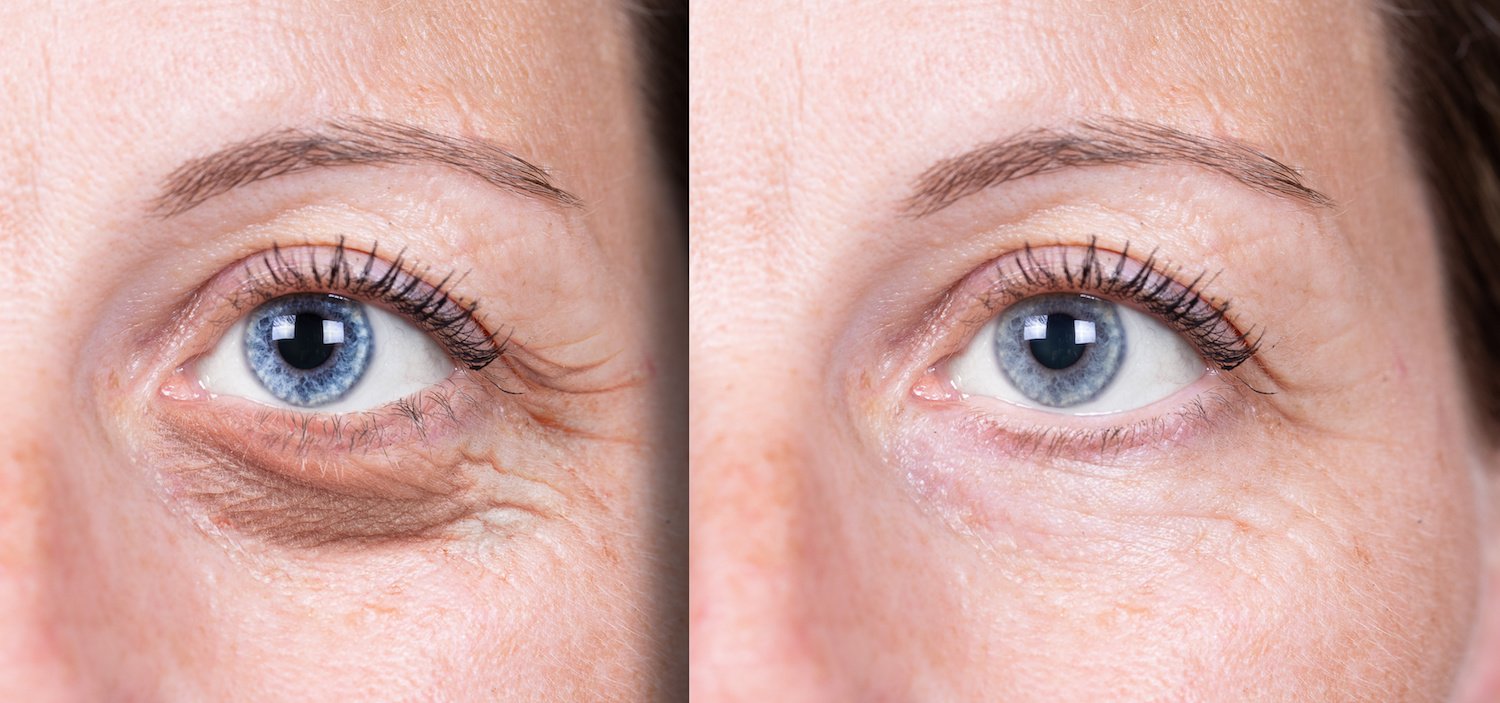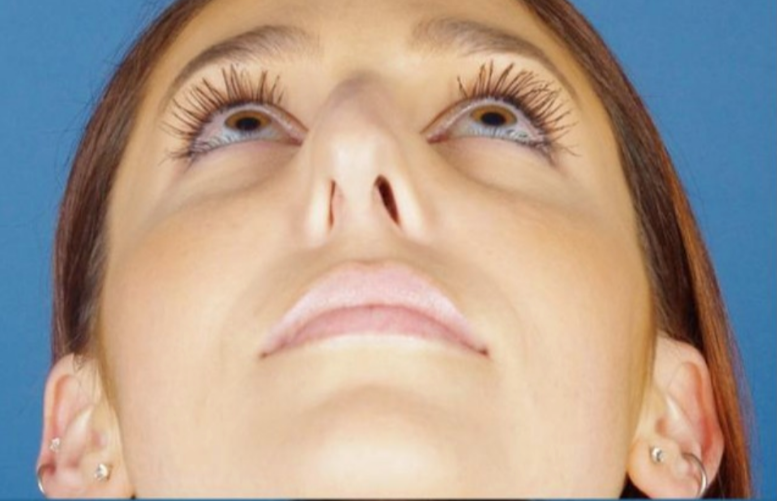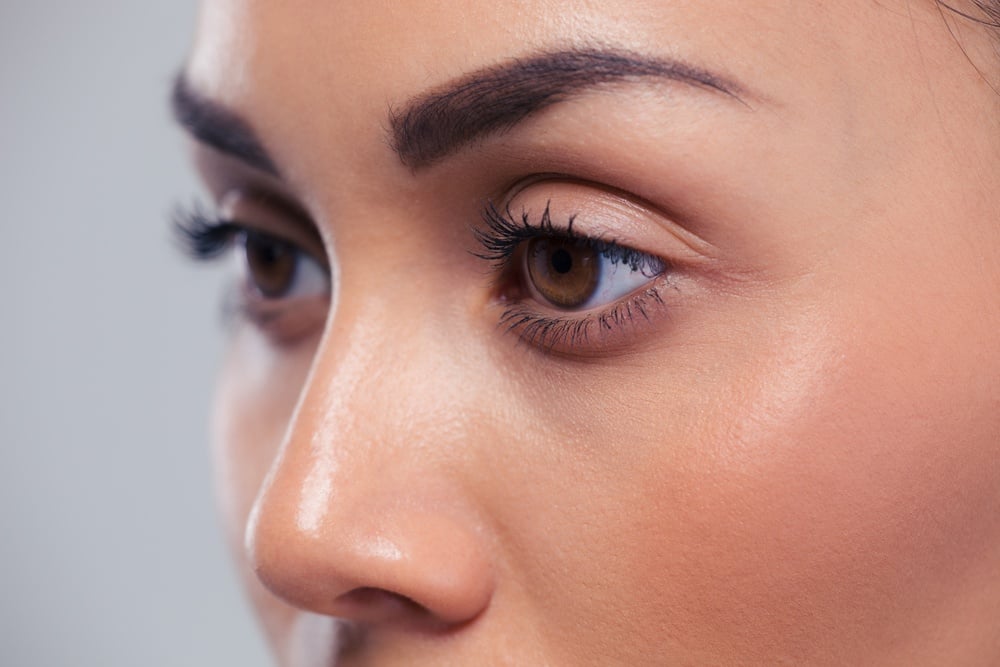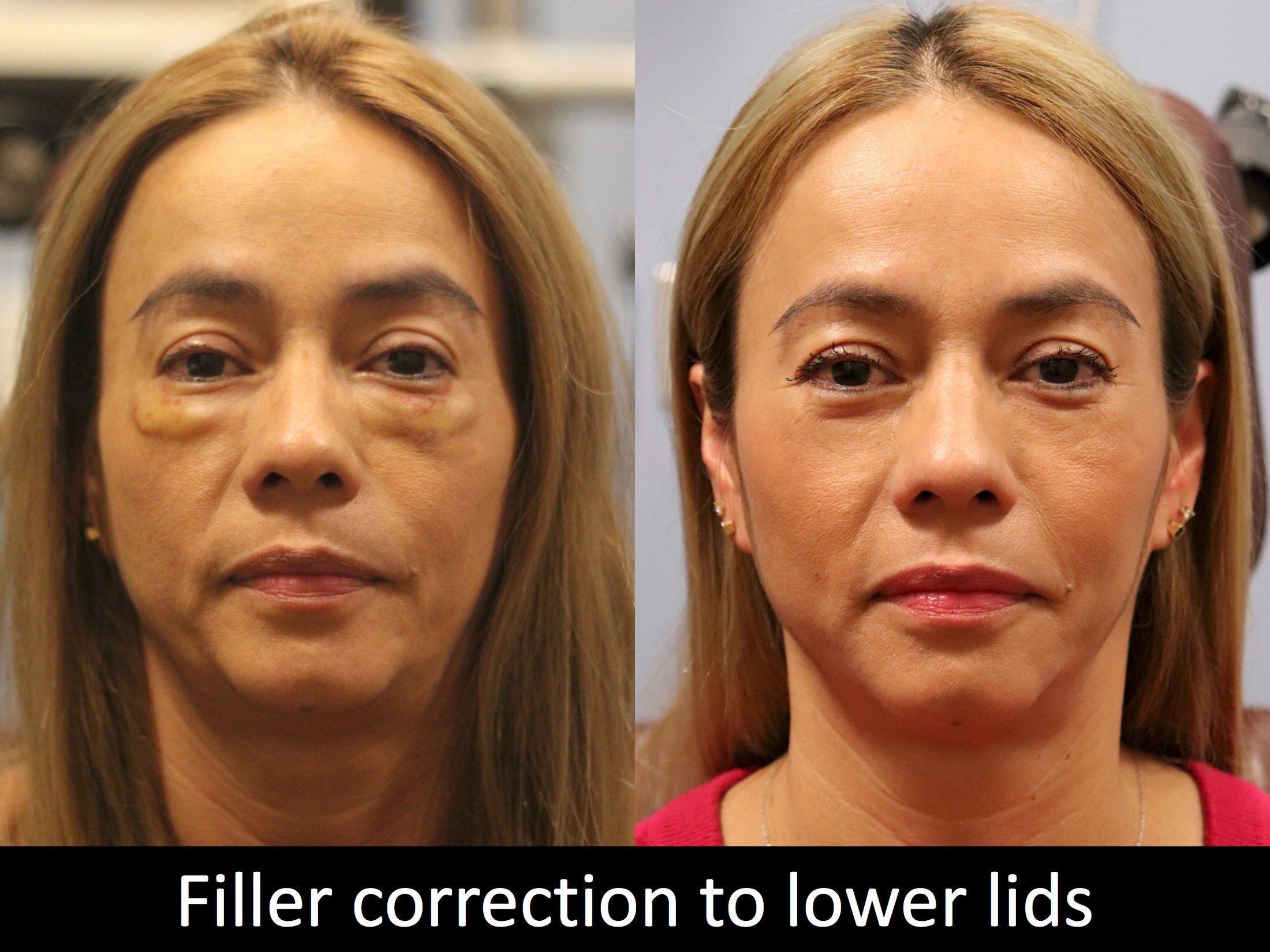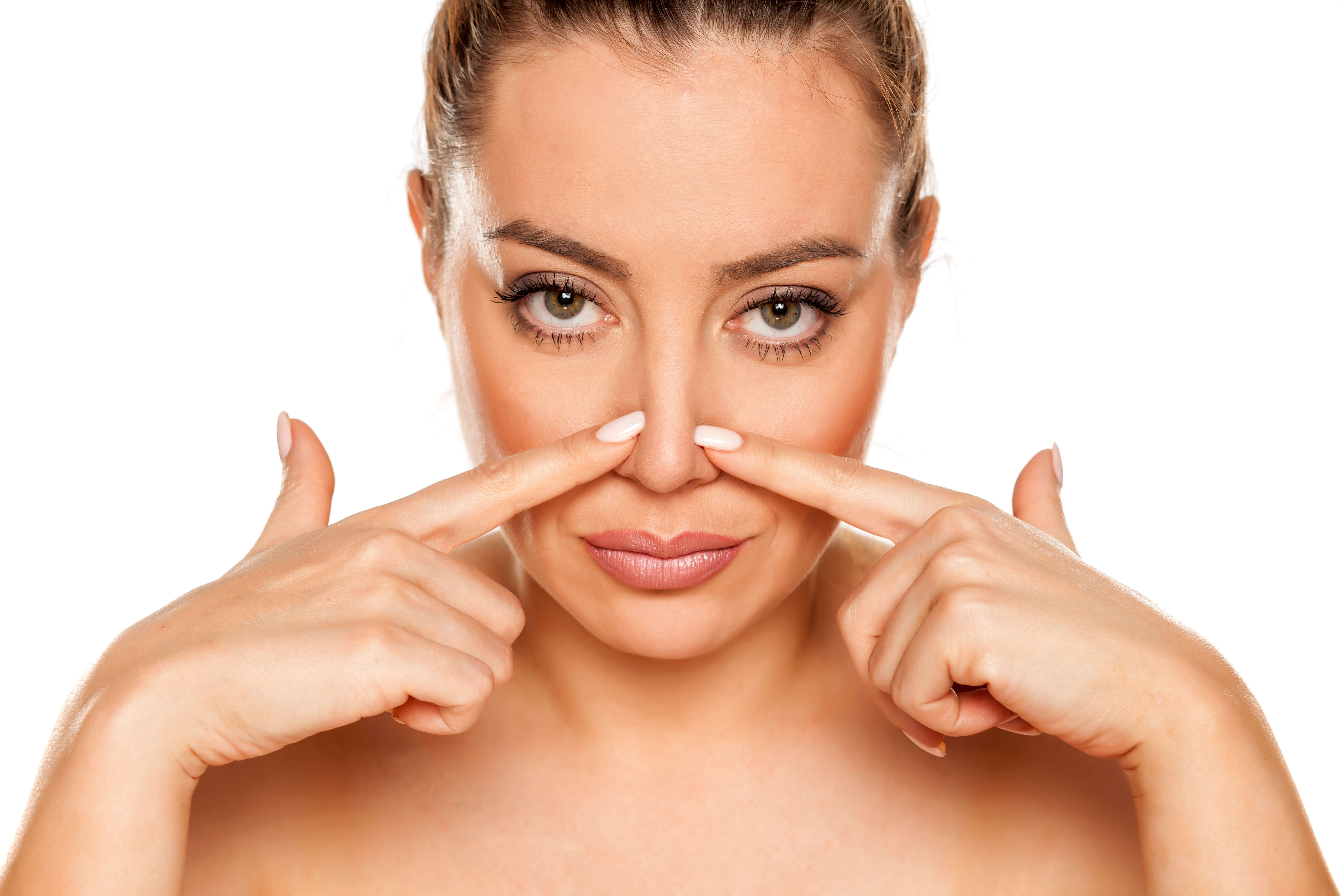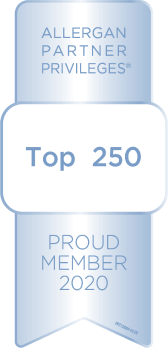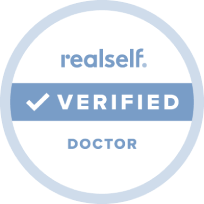Reading the ingredients list on the back of your skin care bottles can leave you a bit dizzy! With names like caprylyl glycol, gluconolactone, octocrylene, and sodium deoxycholate, it’s no wonder! One such ingredient name is hydroquinone. and because of its popularity and effectiveness at reducing skin discoloration, you should know all about it.
First, it is important to note that hydroquinone is safe and effective when used properly. It used to be available in over-the-counter skin lightening creams, but the FDA felt there wasn’t enough clear, clinical evidence of uniform product safety. So, the 2020 CARES Act re-classified hydroquinone as a prescription medication. While this may seem inconvenient, getting a prescription means a few things:
- A medical professional has consulted with you personally and agrees that hydroquinone is a proper choice to address your skin concerns.
- You will get a safe and consistent dosage of hydroquinone in a high-quality product proven to be free of contaminants or other potentially harmful ingredients.
- Your skin improvement progress will be monitored by health care professionals.
The Science Behind Hydroquinone
Regular application of hydroquinone cream can lighten dark spots on your skin such as freckles, melasma, age spots, acne scars or discoloration caused by eczema or psoriasis. It shouldn’t be likened to a bleach as it works by targeting the source of pigmentation in your skin -- melanin. It breaks down existing melanin so that the dark appearance fades, revealing more even-toned skin. It also helps reduce production of new melanin.
The cream is typically applied once each day. It works quickly, producing results that can be quite impressive, but it does need to be used consistently for maximum benefit. If you’re diligent about application, you are bound to be pleased with a more uniform skin tone.
Hydroquinone tends to make your skin more sensitive to the sun’s UV rays, so it works best when used in conjunction with sunscreen. The sunscreen itself also helps protect against formation of excess melanin. As a side-benefit, hydroquinone is also an antioxidant, which further helps protect skin.
Addressing Skin Discoloration and More
If dark or reddish spots are your primary concern, our Raval Medical Aestheticians may recommend Obagi C Clarifying Serum or Obagi Nuderm Blender and Clear, both of which contain 4% hydroquinone.
However, many of our patients have additional skin improvement goals, especially reducing fine lines and other signs of aging. If that’s you, we may recommend our own Raval Essential Night Cream, which contains 4% hydroquinone as well as Tretinoin (Retin-A) in .025%, .05% or .1%. We custom-mix this product in house to meet each patient’s needs and to ensure the product is fresh when you start using it.
A Professional Consultation Will Reveal What’s Right for You
Skin care is such a personal issue. We all have unique skin and various imperfections with different aesthetic goals. It can be confusing to know which skin care products will work best or how to organize a regular skin care regimen that will help you maintain healthy, youthful looking skin. Scheduling a consultation with one of our skin care experts is the best place to start.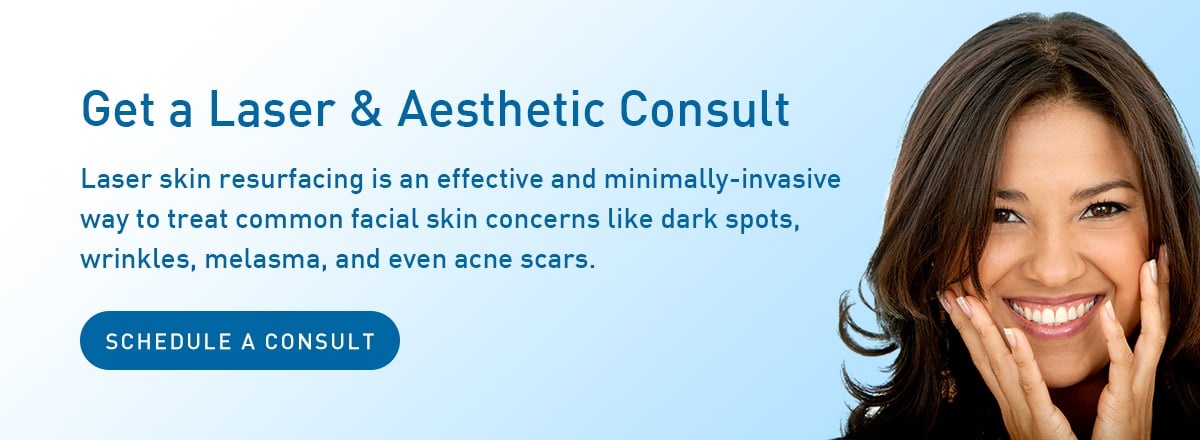
- Acne
- Botox/Dermal Fillers
- Browlift
- Chemical Peels
- Chin Augmentation
- Consultation
- Denver Facial Plastic Surgeon
- Deviated Septum
- Eyelid Procedures
- Facelifts/Necklifts
- Headaches/Excessive Sweating
- Healthy Living
- Laser Hair Removal
- Laser Treatments
- Latisse
- MedSpa
- Memberships
- Microdermabrasion
- Nasal Valve Collapse
- Non-Surgical Procedures
- Rhinoplasty
- Skin Care
- Thread Lifts
- Wrinkle Treatments


